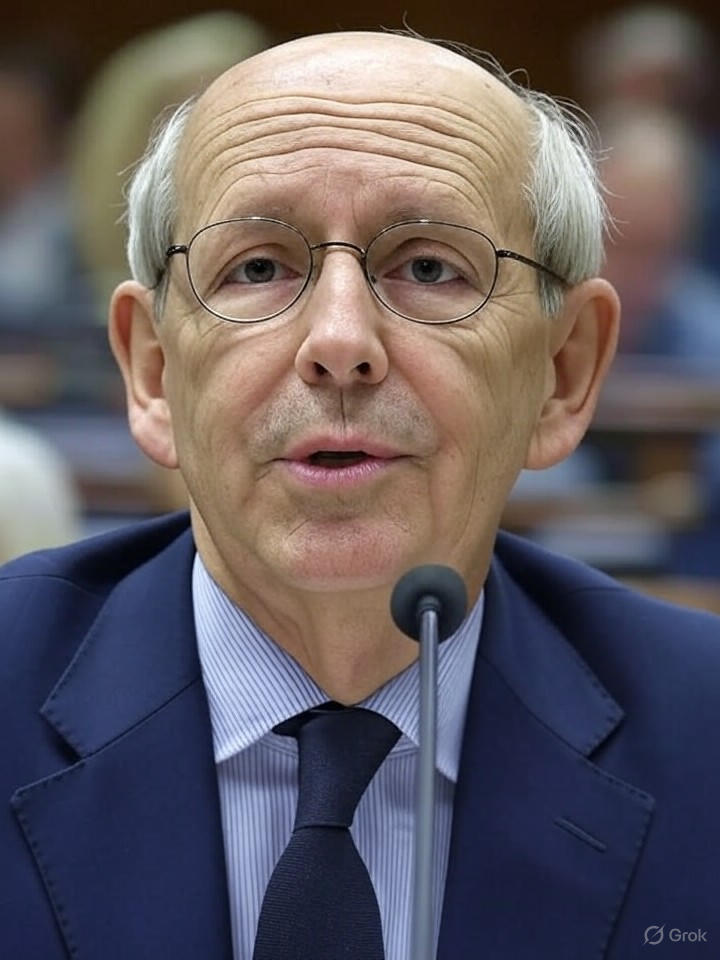Patrick Breyer, a former Member of the European Parliament and digital rights advocate, has accused Denmark’s justice minister of using disinformation to push the controversial “Chat Control 2.0” regulation. Breyer claims that the Danish official is promoting a “blatant lie” to pressure EU member states into approving what he sees as a mass surveillance initiative, as the EU Council prepares for a crucial vote with increasing resistance.
The controversy stems from Denmark’s claim that mandatory scanning of private messages for child sexual abuse material is essential and that voluntary detection efforts would cease without it. Breyer disputes this, arguing that EU rules already permit ongoing voluntary scanning regardless of the new regulation. He has criticized the hypocrisy of proposed exemptions that would allow police and military communications to evade scrutiny, contrasting this with the expected monitoring of private citizens.
As the EU debates balancing child protection and privacy rights, critics warn that Denmark’s initiative could undermine end-to-end encryption and set a worrying precedent for digital oversight. Over 500 cryptographers and scientists have called the proposal “technically infeasible” and a threat to democracy, arguing it could create vulnerabilities within secure systems.
Denmark, currently holding the EU presidency, is accused of leveraging its influence to secure a deal, and Breyer points to internal documents suggesting misleading claims about voluntary scanning rules. Privacy advocates, including groups like Nextcloud, have voiced strong opposition to the proposal, framing it as an attack on democratic principles.
With Germany, Luxembourg, and Slovakia reportedly withholding support, a blocking minority against Chat Control is forming. Industry insiders note the irony of law enforcement exemptions creating a two-tier system that prioritizes officials over the public. Breyer draws parallels to past EU surveillance issues, expressing concern about eroding trust in European digital infrastructure.
The implications of Chat Control extend globally, potentially forcing companies like Meta and Apple to revise their encryption protocols, conflicting with other privacy laws. Breyer has called for transparency, urging EU citizens to contact representatives as the vote approaches. Campaigns such as Stop Chat Control are mobilizing public opposition, portraying the regulation as a serious threat to private correspondence.
As the vote nears, Breyer’s revelations underscore the importance of whistleblowers in exposing what he characterizes as a “disinformation campaign.” The outcome may affect encryption integrity in Europe and could lead to normalized mass scanning, significantly altering digital freedom for years to come.



